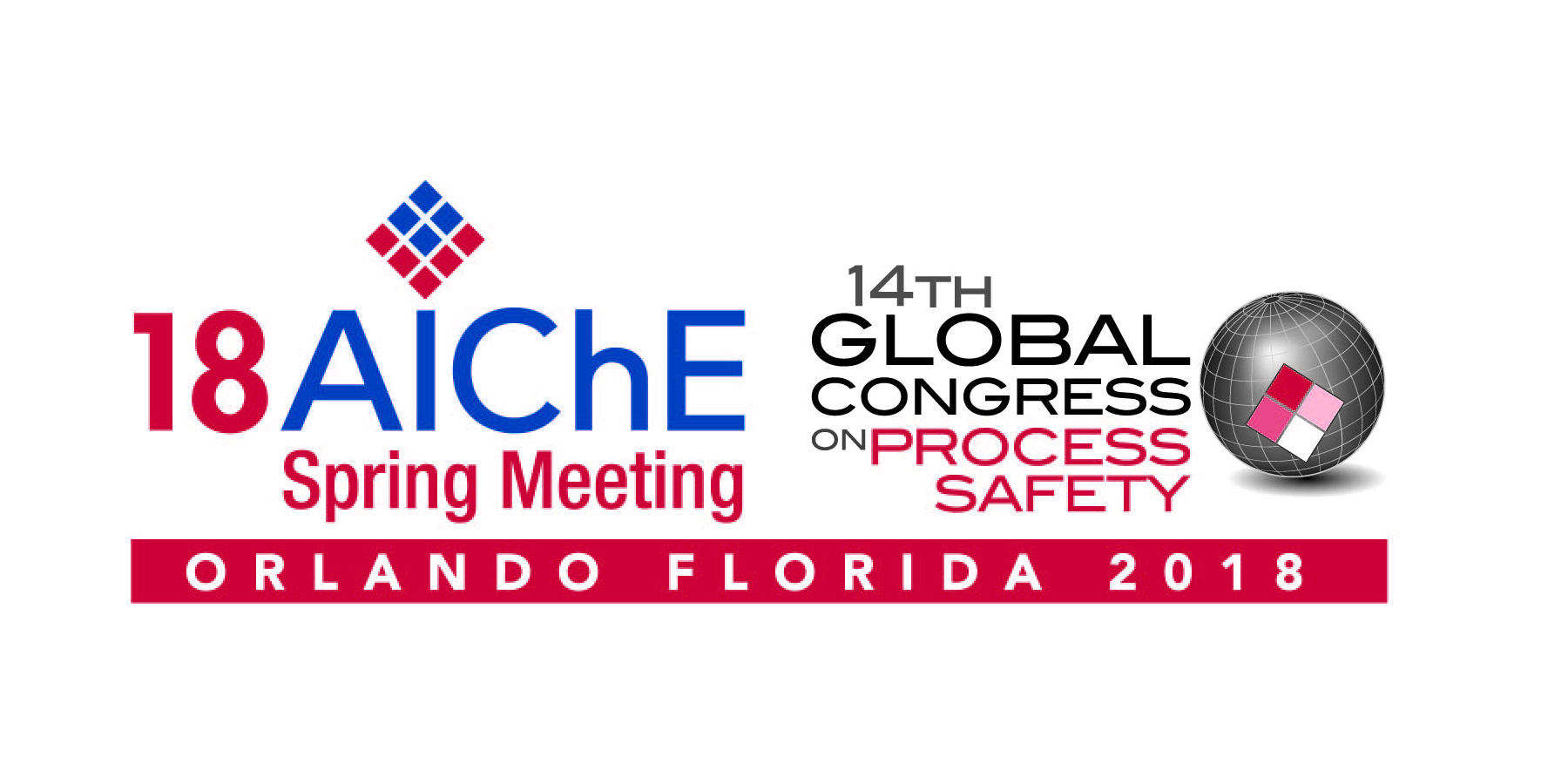

The dynamics in the finished product lubricant make maintaining profit margins more difficult. In today's market, lubricant manufacturers have tighter product specifications, more product variations, higher quality targets, variable batch sizes, and shorter lead times to meet. Meeting new market requirements while maintaining day to day operations is difficult especially since many lubricant plants we're built 30-50 years ago. These older plants often have a lower degree of automation that leads to more bottlenecks, safety concerns, and off-spec batches compared to plants built today. One of the most significant areas for lack of automation is with additive transfers and transfers for bulk components. These transfers are often done manually and are prone to over treating, spills, ergonomic issues, cross-contamination, product losses, and incomplete transfers. Transfer of drummed additive components and bulk liquids are often overlooked as an opportunity area for impacting quality and reducing costs. In fact, an industry study showed that most lubricant manufactures focus on looking at cost reductions in maintenance practices, product testing, and labor costs instead of prioritizing quality improvements. The study found that quality improvement initiatives such as the degree of automation drives better performance and savings more than cost reduction initiatives. Automating transfer operations will actually drive better quality performance and cost reductions compared to current methods that are employed. In this session, we will compare the different methods used to transfer additivities and bulk components in lubricants plants and show the cost savings and operational improvements generated by lubricants manufactures from employing the best practice transfer techniques.
Presenter(s)
Once the content has been viewed and you have attested to it, you will be able to download and print a certificate for PDH credits.
If you have already viewed this content,
please click here
to login.
Language
Pricing
Individuals
| AIChE Member Credits | 0.5 |
| AIChE Pro Members | $19.00 |
| Employees of CCPS Member Companies | Free |
| AIChE Graduate Student Members | Free |
| AIChE Undergraduate Student Members | Free |
| AIChE Explorer Members | $29.00 |
| Non-Members | $29.00 |
